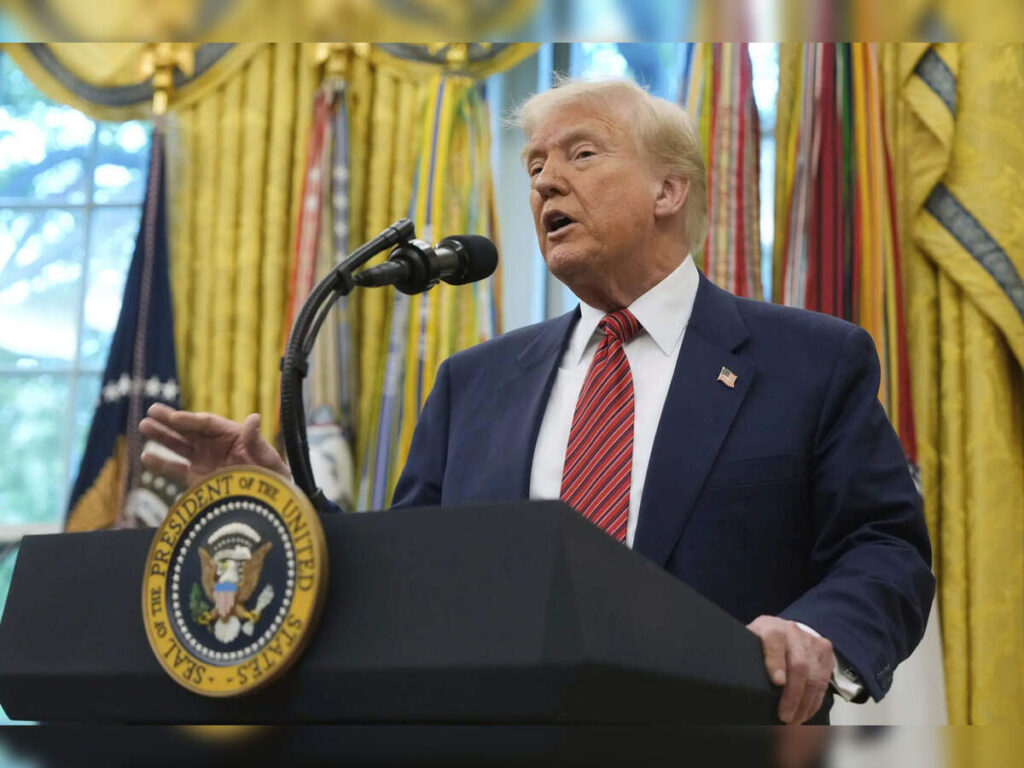UK Government to Introduce Trade Strategy to Safeguard Domestic Industries
The UK government is set to reveal a comprehensive trade strategy aimed at enhancing exports and providing robust support for domestic businesses amid rising global trade tensions, particularly following the introduction of tariffs by the United States. The plan seeks to remove barriers that hinder UK firms from selling their products internationally while strengthening trade defenses to mitigate the impact of potentially harmful imports.
Recent concerns have escalated in sectors such as automotive and steel, where there are fears that products originally intended for U.S. markets may be redirected to the UK. The imposition of tariffs by President Donald Trump’s administration has made it significantly more costly for companies to export goods to the U.S., prompting worries that imported items could undermine local businesses.
Business Secretary Jonathan Reynolds has emphasized that the forthcoming strategy will provide essential protections for British enterprises. The announcement is scheduled to take place on Thursday during the annual conference of the British Chambers of Commerce (BCC) in London.
Key Components of the Trade Strategy
The proposed trade strategy encompasses both offensive and defensive measures. This multifaceted approach includes:
- Increased government financial support for exporters.
- Assistance with navigating complex international trade regulations.
- Enhanced focus on exporting services, particularly in light of recent trade agreements.
Of particular significance is the defensive strategy aimed at protecting vital industries. Presently, the UK does not levy high tariffs on electric vehicles manufactured in China, and existing safeguards against low-cost steel imports are scheduled to sunset in 2026. A surge in imports from China could present stiff competition for UK manufacturers.
Trade Relations and Agreements
During the conference, the government is also expected to highlight recent successes in securing a free trade deal with India, which has seen prolonged negotiations finally bear fruit. Additionally, the UK is anticipated to showcase progress in improving trade relationships with the European Union, along with newly established terms as the first country to negotiate favorable tariff conditions with the Trump administration.
| Trade Development | Details |
|---|---|
| Financial Support for Exporters | Increased backing to facilitate international sales |
| Tariff Negotiations | Improving terms with major trading partners |
| Sector Focus | Prioritizing steel and automotive industries |
Concerns from Retailers
Despite the promising nature of the trade strategy, some industry representatives have raised red flags about the potential fallout from trade agreements. Andrew Opie of the British Retail Consortium has pointed out the urgent need for the Chancellor to take swift actions against the misuse of the “de minimis” rule, which permits low-value goods to enter the UK market free of tax. This loophole has seen an uptick in usage, permitting foreign companies to sidestep tax liabilities, which has incited concerns that it provides an unfair advantage over local businesses.
Opie has stressed that the existing minimal oversight of imported goods could jeopardize both consumer safety and competition, exposing UK retailers to increased risks.
The upcoming trade strategy announcement follows the government’s recent 10-year industrial plan, which aims to alleviate energy costs for businesses by exempting them from certain green taxes. Officials are hopeful that this series of initiatives will demonstrate a commitment to supporting businesses after previous tax adjustments significantly impacted operational expenditures.


